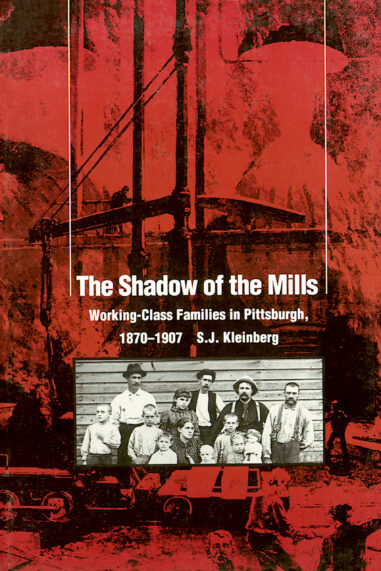The profound disruption of family relationships caused by industrialization found its most dramatic expression in the steel mills of Pittsburgh in the 1880s. The work day was twelve hours, and the work week was seven days – with every other Sunday for rest.
In this major work, S. J. Kleinberg focuses on the private side of industrialization, on how the mills structured the everyday existence of the women, men, and children who lived in their shadows. What did industrialization and urbanization really mean to the people who lived through the these processes? What solutions did they find to the problems of low wages, poor housing, inadequate sanitation, and high mortality rates?
Through imaginative use of census data, the records of municipal, charitable, and fraternal organizations, and the voices of workers themselves in local newspapers, Kleinberg builds a detailed picture of the working-class life cycle: marital relationships, the interaction between parents and children, the education and employment prospects of the young, and the lives if the elderly.



